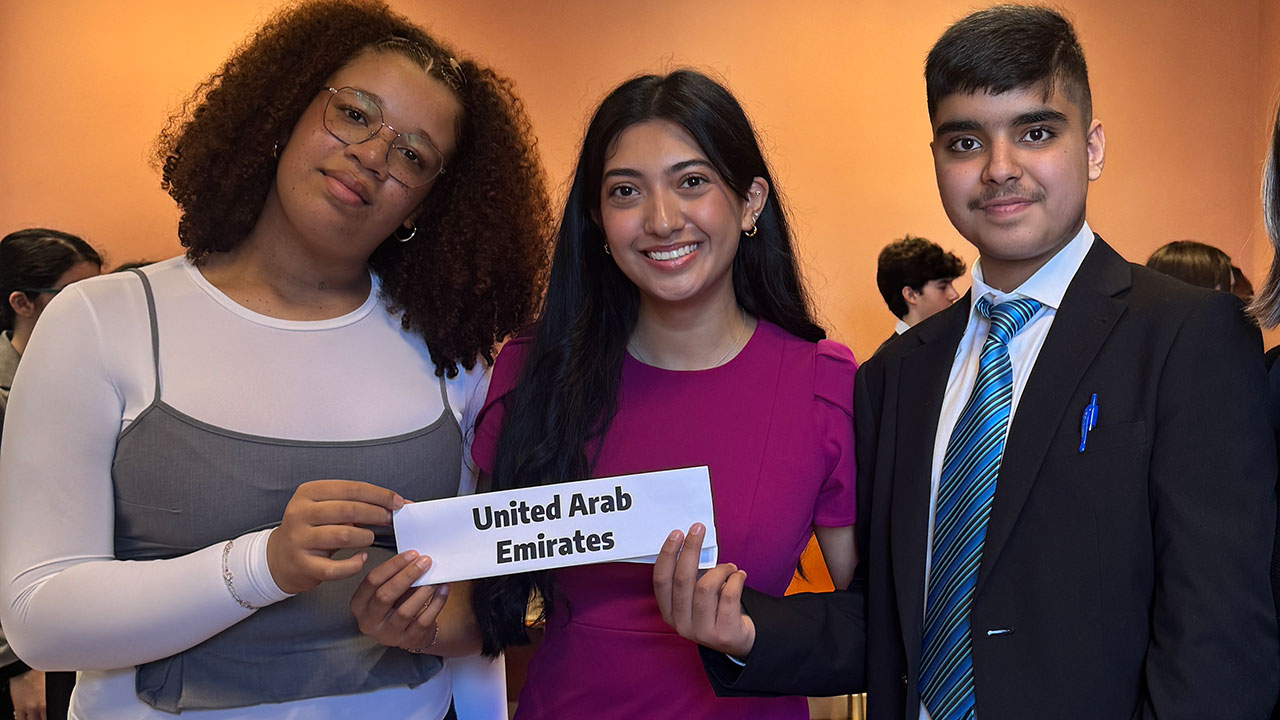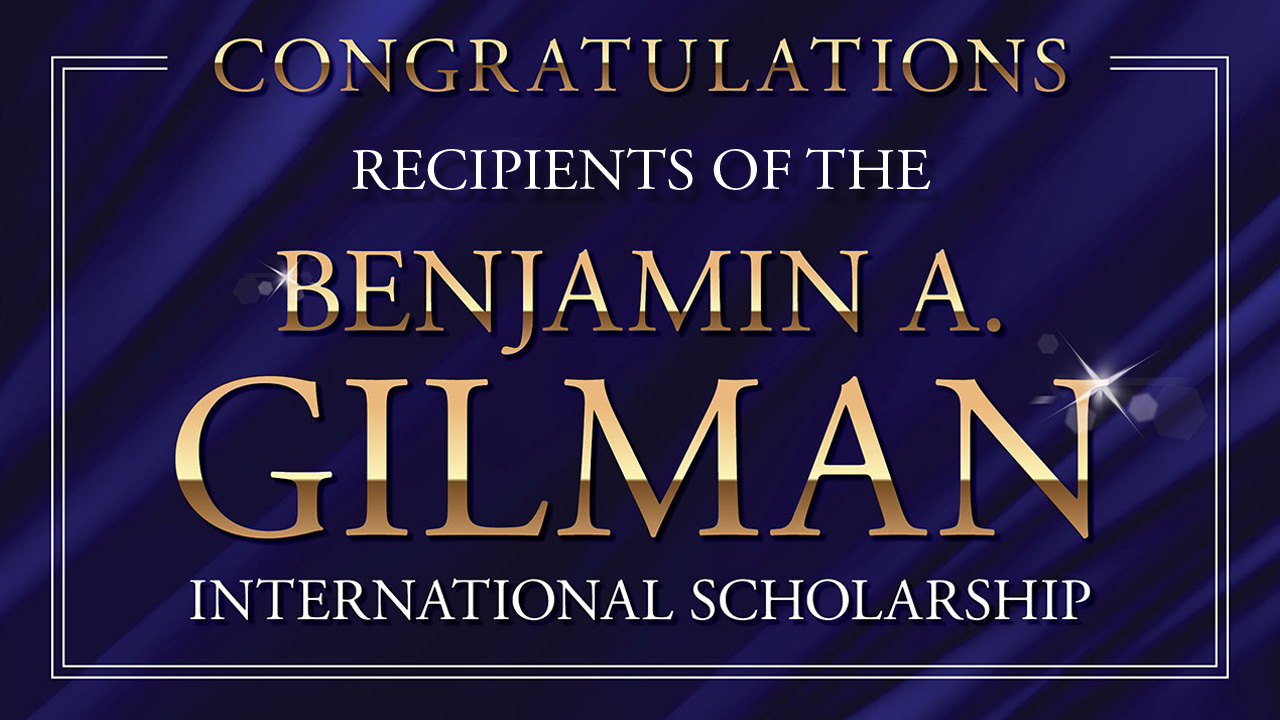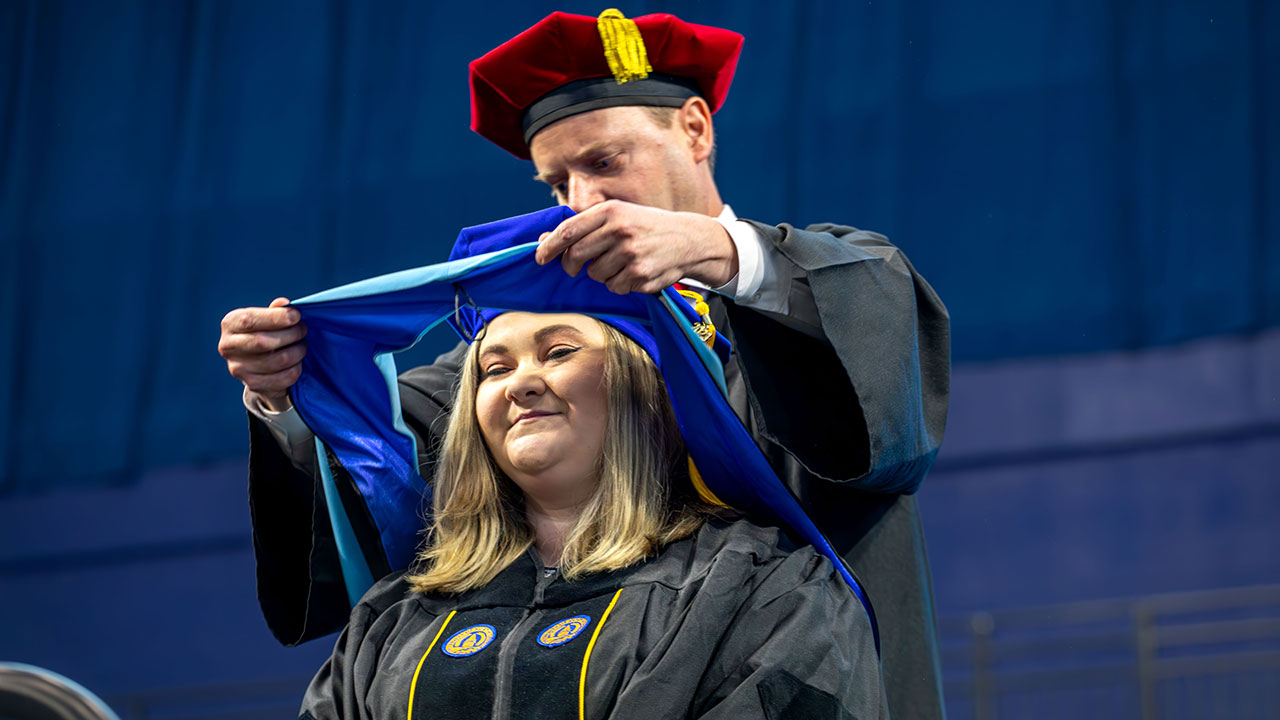NSA cyber academy grants expand scope

Thanks to a new format, the University of North Georgia's (UNG) GenCyber Warrior Academy and Advancing GenCyber Education for North Georgia Teachers (AGENTs) of Change camp will cover more material for the students and teachers involved.
For its 2022 cybersecurity offerings, UNG faculty and staff will provide monthly instruction beginning in January ahead of the summer in-person academies and then will give post-camp guidance through October. This increase was made possible through the National Security Agency (NSA) grants totaling $265,000, a new record amount for UNG.
Back for its sixth year, the GenCyber Warrior Academy will host 40 high school students, including 20 females and 20 males, from June 5-11. AGENTs of Change, in its second year, plans to welcome 24 middle and high school teachers from June 27-July 1. Both in-person academies are in the Pennington Military Leadership Center on UNG's Dahlonega Campus, and applications for the student academy are open on UNG's GenCyber Warrior Academy webpage.
The new year-round format gives us an opportunity to share more content and background to get everybody up to the same level. Before they come to camp, they'll already have done some valuable hands-on activities. The post-camp activities will help them keep their skills sharp.
Dr. Bryson Payne
Professor of computer science
"The new year-round format gives us an opportunity to share more content and background to get everybody up to the same level," Dr. Bryson Payne, professor of computer science and principal investigator for the grant, said. "Before they come to camp, they'll already have done some valuable hands-on activities. The post-camp activities will help them keep their skills sharp."
Payne is also the coordinator of UNG's student cyber programs, overseeing the competition teams that have excelled in the NSA Codebreaker Challenge, NSA Cyber Exercise, and Cyber FastTrack events.
Dr. Lindsay Linsky, associate professor of middle grades education and assistant director of UNG's Center for Teaching, Learning and Leadership, oversees the instruction for AGENTs of Change. With more than 464,000 cybersecurity jobs open nationally and more than 17,000 in Georgia, she said the value of the teacher academy is clear.
"This may be one of their first chances to learn about how to teach cyber," Linsky said. "There's a need for more teachers to understand what cybersecurity is and how to teach it ethically to their students."
Linsky said UNG's cyber training for teachers seeks to build off the work of Harvey Mudd College in attracting female students into cybersecurity degree programs.
"We want to make the program and cybersecurity education in general more welcoming and open to diverse groups," Linsky said. "We want to empower teachers for a more secure Georgia."
Dr. Tamirat Abegaz, associate professor of computer science, has been involved with the GenCyber Warrior Academy since the first one at UNG in summer 2016 and oversees the curriculum. Abegaz said the pre-camp work will allow students to dive deeper into the material. Even in this new format, UNG will continue to have breakout sessions for students who are more advanced.
"This helps us tailor the instruction to what each student needs," Abegaz said.



